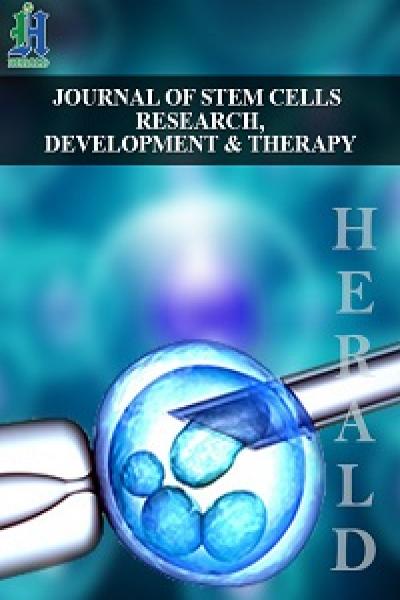
Stem Cell Transplantation
Stem cell transplantation—encompassing both autologous (self-derived) and allogeneic (donor-derived) grafts—is a cornerstone of regenerative medicine. Autologous transplants minimize immune rejection and graft-versus-host disease (GVHD), while allogeneic transplants offer off-the-shelf availability and broader applicability. Applications span hematopoietic stem cell (HSC) transplantation for blood disorders, mesenchymal stem cell (MSC) therapies for inflammatory injuries, and neural stem cell grafts for neurodegeneration. Advances in conditioning regimens and immunomodulatory strategies, including regulatory T cells and checkpoint inhibitors, are enhancing engraftment, reducing complications, and extending graft lifespan.
Additionally, gene-editing tools like CRISPR-Cas9 enable precise modifications—enhancing cell survival, homing, and therapeutic activity. Clinical trials report encouraging outcomes in treating leukemia, spinal cord injury, and myocardial infarction. This journal seeks original research on optimized transplantation protocols, comparative efficacy studies, and long-term follow-up analyses to accelerate the clinical translation of stem cell transplant therapies.

